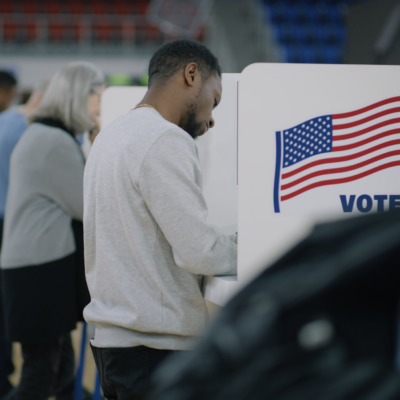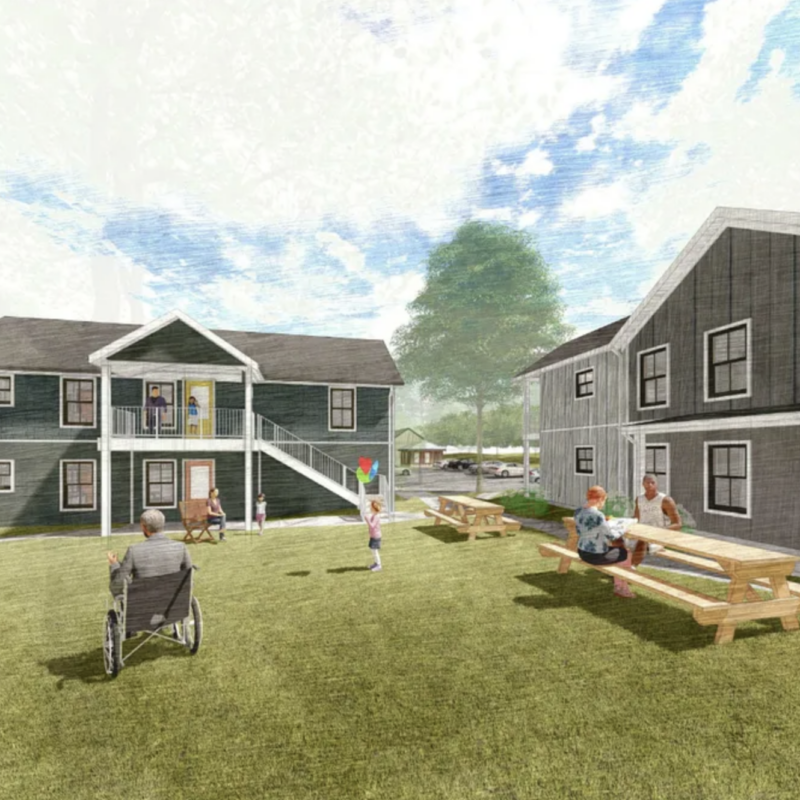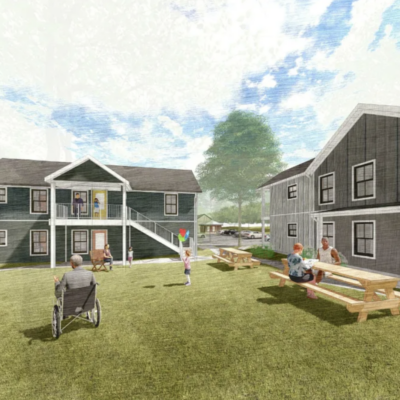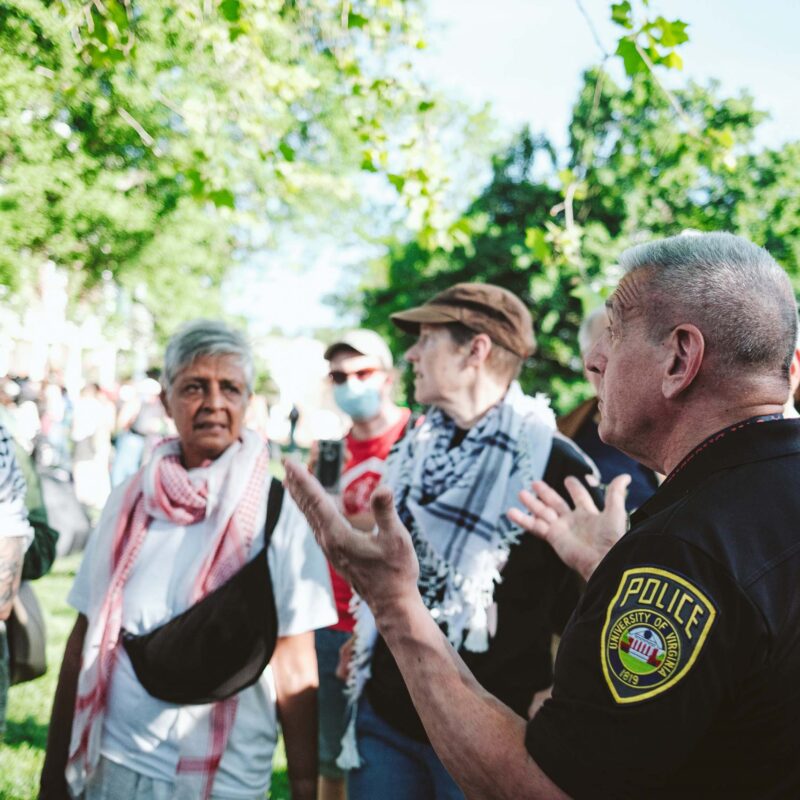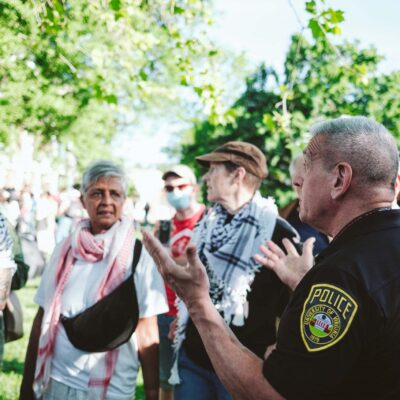Although “Victim Witness Specialist” may sound like the newest “Law & Order” series, it’s actually a real job title in the criminal justice system. And this year, the U.S. Justice Department honored Charlottesville’s Veronica Massie for her work in providing support, assistance and aid to victims of federal crimes.
 |
One of two victim-witness specialists for the Western District of Virginia, Massie coordinates with the U.S. Attorney’s Office in working with victims from the beginning of cases through sentencing. That may mean anything such as helping them (or in the case of a homicide, friends or family) meet court appearances, aiding them in a temporary or permanent move for fear of retribution or even providing a shoulder to cry on.
“The toughest part is making the experience for every victim a positive one,” Massie says. “With so much they have to go through in the trial, or even with having a negative experience in court, you don’t have them to be revictimized.”
For Massie, the type of crime and type of person determines how tough her job will be. Speaking of bank tellers who’ve been robbed, Massie says, “I’ve had victim tellers break down and cry. And then others will not care and say that this is their second bank robbery and that once you’re robbed, it’s all the same.”
The eight-year veteran notes that one of the more important aspects of her role is helping with a formal statement during sentencing. That statement, read either by the judge or the victim, often provides an outlet for a victim’s anger.
There’s also a chance for monetary reimbursement: The State offers a criminal injuries compensation fund for victims—up to $5,000 for a funeral, $2,500 for counseling and even money for lost wages.
“Being a victim of a crime is a terrible thing,” says John Brownlee, U.S. Attorney for the Western District. “It’s important to make sure the victim feels like justice was done.”

